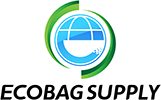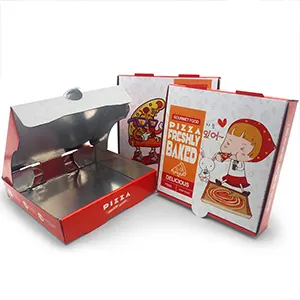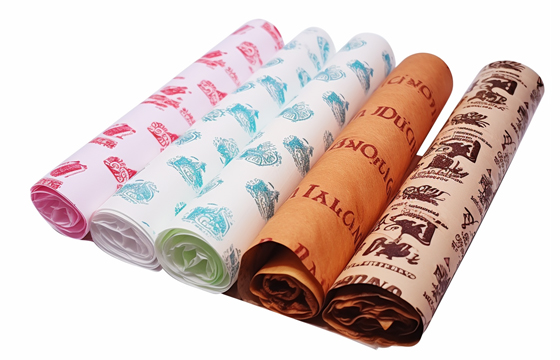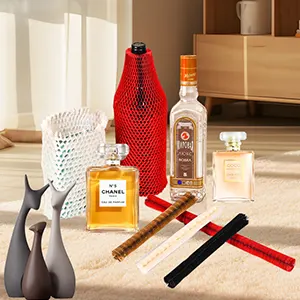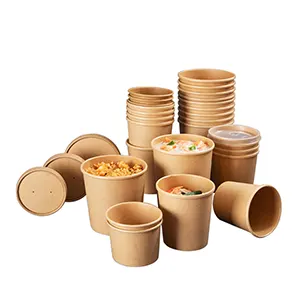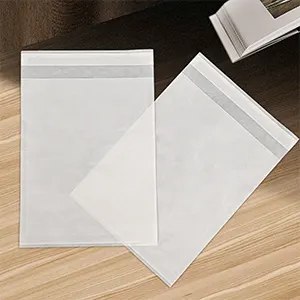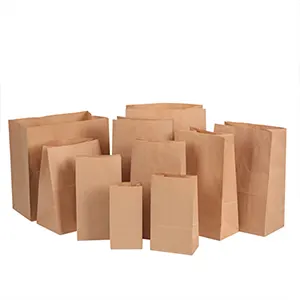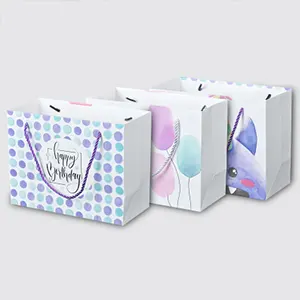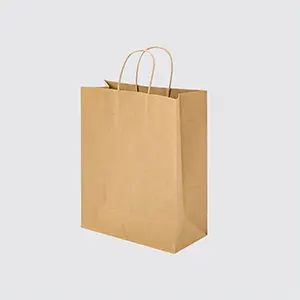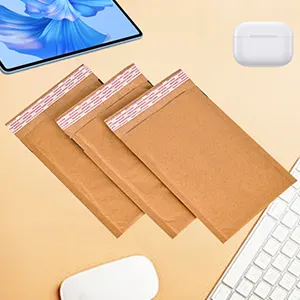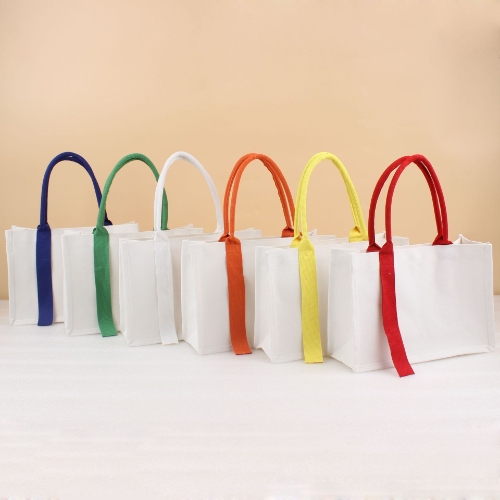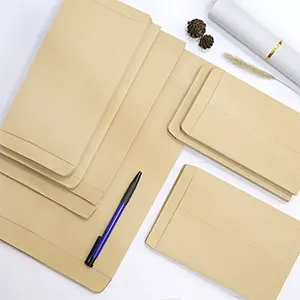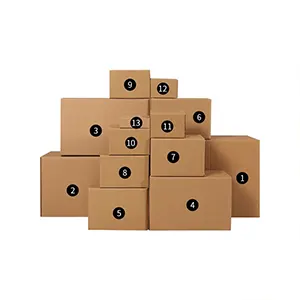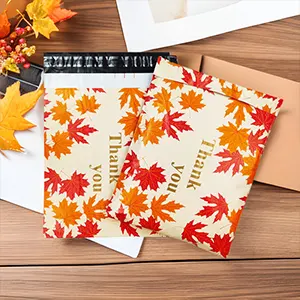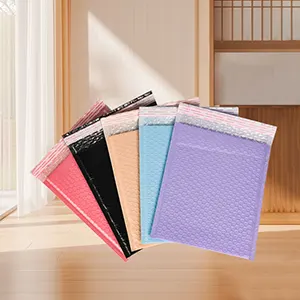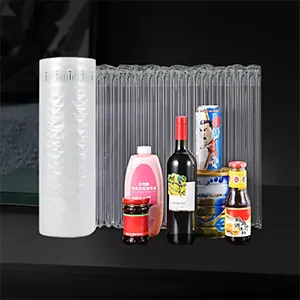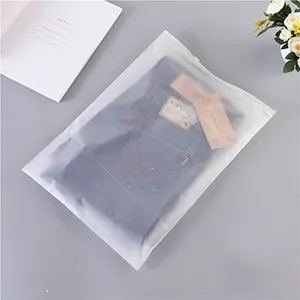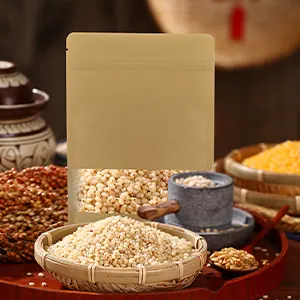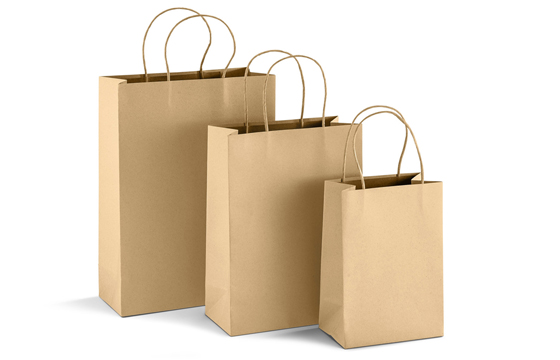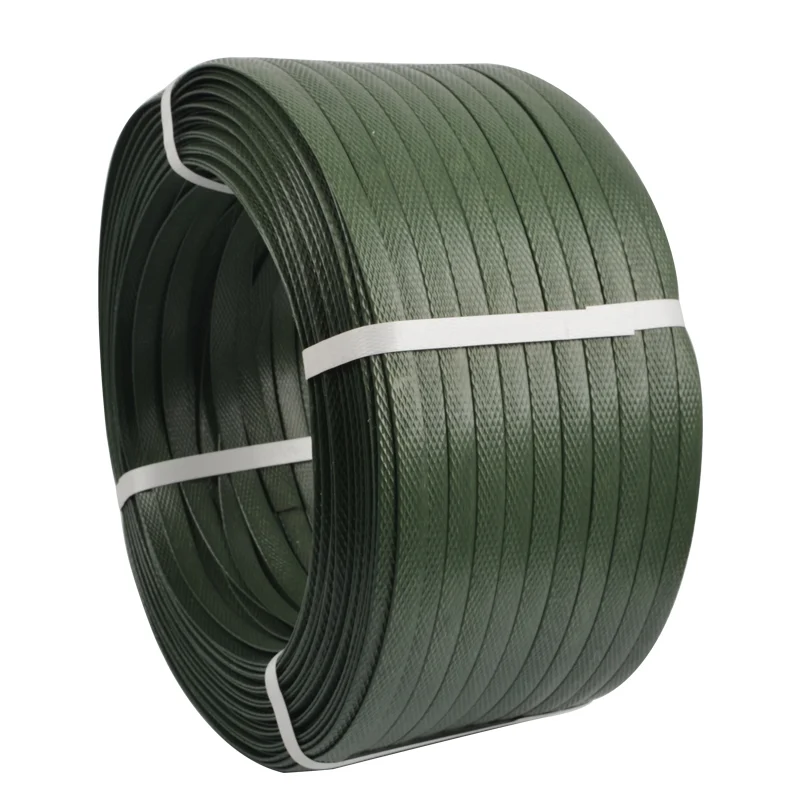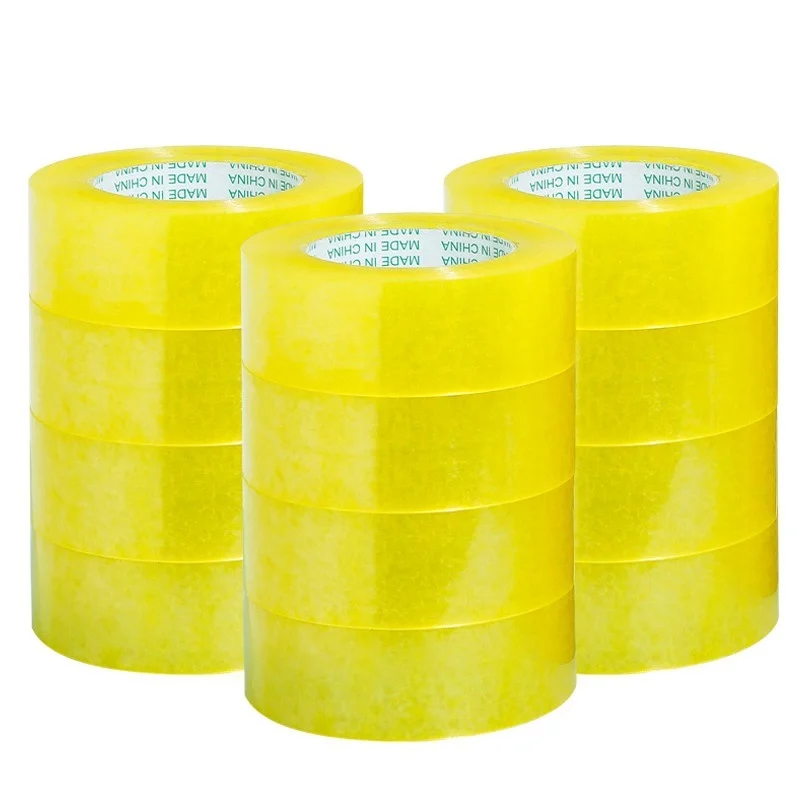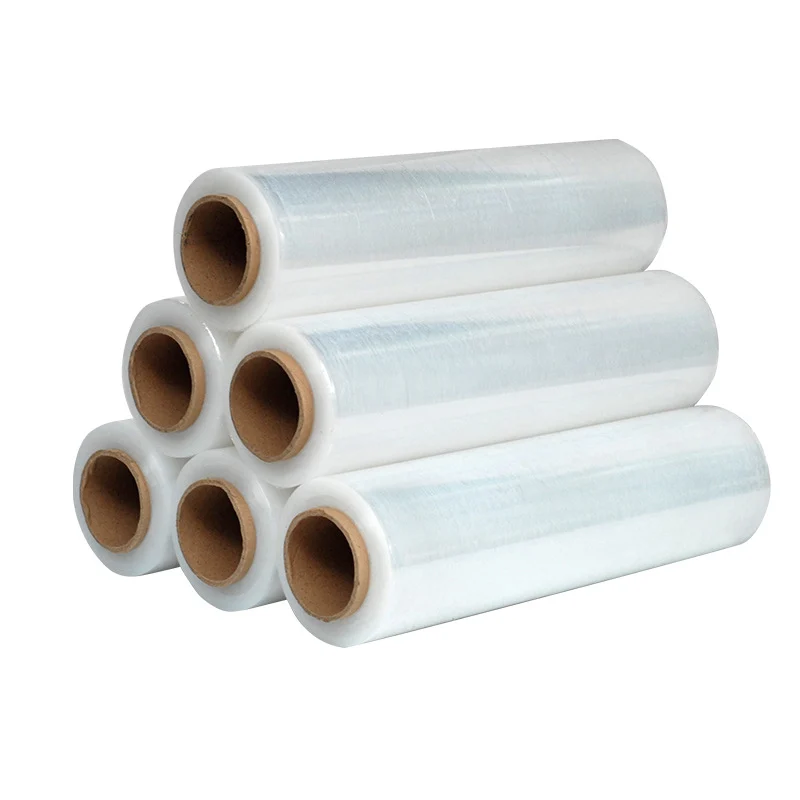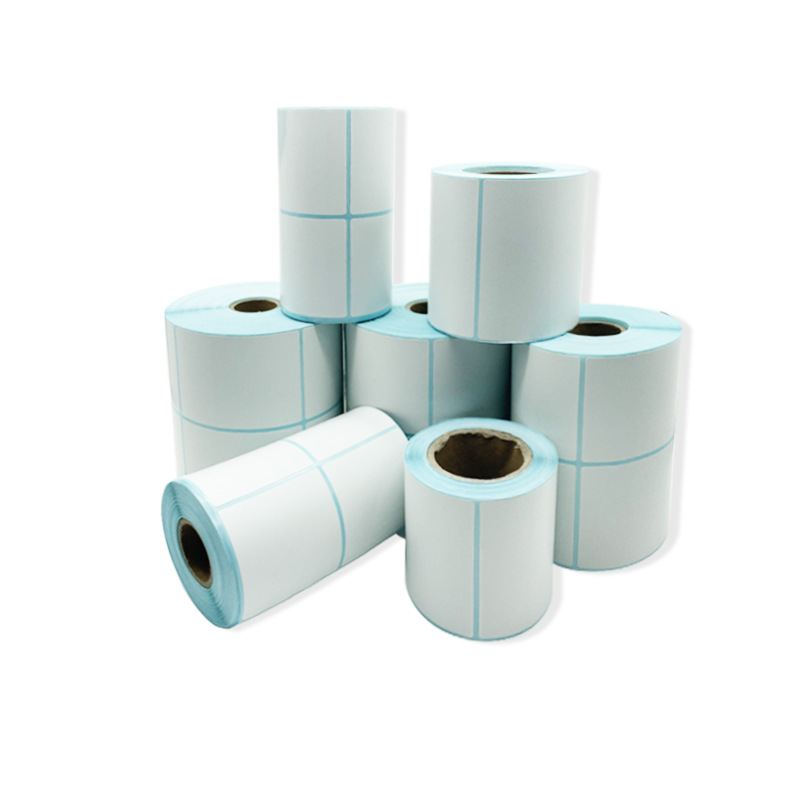Sourcing Greaseproof Paper Sheets: A Guide to Finding the Best Quality
Sourcing high-quality greaseproof paper sheets is a crucial step for any food business or home bakerserious about their craft. The quality of the paper you use has a direct impact on your cooking results, the efficiency of your cleanup, and the presentation of your food. The market offers a vast array of options, from the convenient rolls found in local supermarkets to the bulk cases available from wholesale suppliers. Navigating these choices to find the best product for your specific needs requires a good understanding of what to look for. This definitive guide will walk you through the process of sourcing the best quality greaseproof paper, covering everything from key quality indicators to the pros and cons of different purchasing channels.
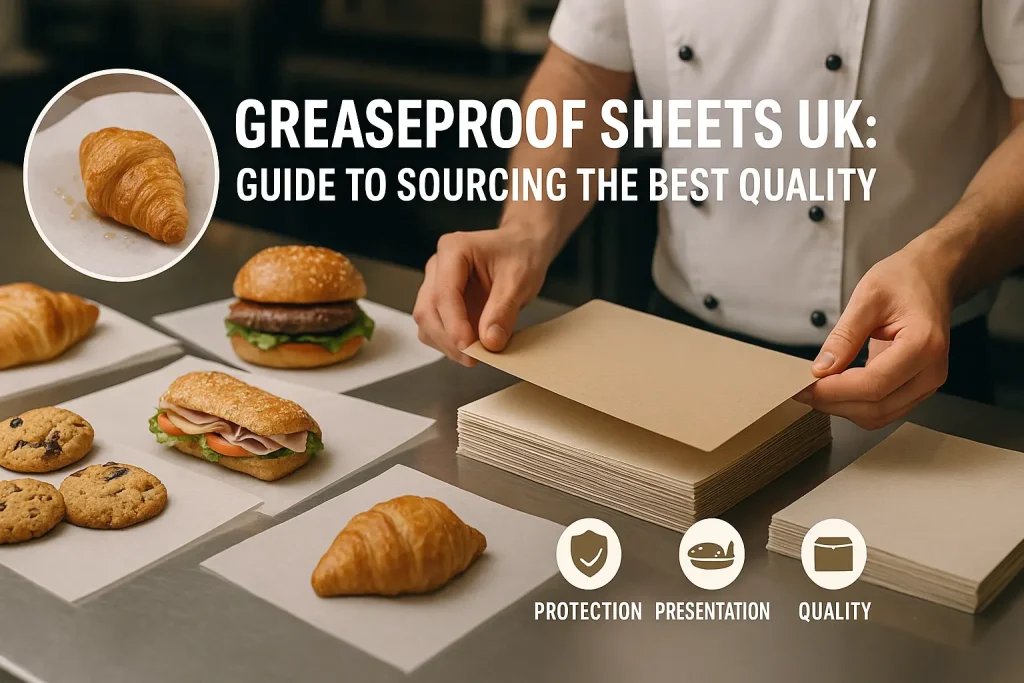
Understanding Quality: What to Look For in Any Greaseproof Paper
Before you can decide where to buy your paper, you must first know how to identify a high-quality product. The term "greaseproof" itself is a technical claim, and there are several key attributes that separate a superior paper from a mediocre one. A discerning buyer should learn to look past the packaging and evaluate the product based on these fundamental characteristics.
Material Integrity: 100% Virgin Pulp and Food-Grade Certification
The most important quality indicator is the material itself. A high-quality greaseproof paper should be made from 100% virgin wood pulp. This ensures that the paper is pure and does not contain any recycled content or contaminants that could be unsafe for contact with food. Furthermore, the product must be certified as "food-safe" or "food-grade." This is a non-negotiable requirement that guarantees the paper and any materials used in its production are non-toxic and will not leach any harmful substances into your food.
Performance Metrics: Grease Resistance and Heat Tolerance
The two primary functions of the paper are to resist grease and withstand heat. A superior paper will offer a high level of grease resistance, preventing even very oily foods from seeping through. Its heat tolerance should be clearly stated and suitable for most standard baking and oven-use scenarios, typically up to 220°C (425°F). A lower-quality paper may fail on one or both of these counts, becoming saturated with grease or scorching at lower temperatures.
Physical Attributes: Paper Weight (GSM), Thickness, and Strength
The physical feel of the paper is a good indicator of its quality. A high-quality sheet will feel substantial, smooth, and durable. This is often measured technically by the paper's weight in Grams per Square Meter (GSM). A higher GSM indicates a thicker, denser, and stronger paper. This strength is important, as a flimsy paper can tear easily when being used to lift baked goods or when saturated with moisture.
Sustainability: Unbleached Options and FSC/PEFC Certifications
For many modern consumers and businesses, the sustainability of a product is a key quality indicator. Look for greaseproof paper that is unbleached (brown). This means it has been produced without the use of chlorine-based bleaching agents. Additionally, look for certifications from organizations like the Forest Stewardship Council (FSC) or the Programme for the Endorsement of Forest Certification (PEFC). These logos guarantee that the wood pulp used to make the paper comes from responsibly and sustainably managed forests.
Here are the key quality indicators to look for when sourcing greaseproof paper:
- Material Source: Ensure the paper is made from 100% virgin pulp.
- Safety Certification: The product must be certified as food-grade.
- Performance Ratings: Check for a high oven-safe temperature rating.
- Physical Feel: The paper should feel strong and durable, not thin or flimsy.
- Sustainability: Look for unbleached options and sustainable forestry certifications (FSC/PEFC).
Sourcing Channel 1: Local Supermarkets and Grocery Retailers
For the vast majority of home bakers, the local supermarket is the most convenient and common place to purchase greaseproof paper. This channel offers a range of options that are perfectly suited for everyday kitchen tasks.
The Convenience Factor: Pros and Cons
The biggest advantage of buying from a supermarket is the convenience. You can easily add it to your cart during your regular grocery shopping. There is no need for a special trip or to wait for a delivery. The main downside is that the selection is usually quite limited. A typical store might only carry two or three different brands and formats.
Evaluating Store Brands vs. National Brands
As we have discussed previously, the main choice in a supermarket is between the store's own brand and the established national brands. A store brand is often a fantastic value, offering good quality at a lower price. A national brand offers a high level of consistency and a trusted reputation. For everyday baking, a high-quality store brand is often the most sensible and economical choice.
What to Look for on the Packaging in a Retail Setting
When you are standing in the aisle, carefully read the packaging of each option. Compare the dimensions of the rolls or sheets. Check the oven-safe temperature ratings. Look for the food-safe and sustainability logos. By comparing these key details, you can make an informed decision rather than just grabbing the cheapest or most familiar-looking box.
Comparing Different Large Supermarket Chains
Different supermarket chains will often have different private label products and carry different national brands. The options available at one major supermarket chain might be of a different quality or price than those at another large grocery retailer. If you are a frequent user of greaseproof paper, it can be worthwhile to compare the offerings at the different stores in your area.
Sourcing Channel 2: Online Marketplaces
Online marketplaces have opened up a world of options for sourcing kitchen supplies. They offer a vast selection that goes far beyond what is available in a local grocery store.
The Advantage of Vast Selection
The main benefit of shopping online is the incredible range of choices. You can find dozens of different brands, from budget options to high-end professional products. You can find paper in bulk rolls, pre-cut sheets of every conceivable size, and specialized formats. This vast selection allows a buyer to find the exact product that perfectly suits their specific needs.
How to Vet a Third-Party Seller
When buying from a large online marketplace, you are often buying from a third-party seller, not the marketplace itself. It is crucial to vet the seller's reputation. Look at their seller rating and read the customer reviews for their store. A reputable seller will have a long history of positive feedback and a clear and professional storefront.
Reading Reviews and Product Descriptions Carefully
Do not just look at the star rating of a product; take the time to read the actual reviews. See what other bakers and cooks have said about the paper's performance. Does it resist grease well? Does it hold up in the oven? Also, read the product description very carefully. It should clearly state the material (100% virgin pulp), the dimensions, and the food-safe certifications.
Understanding Shipping and Return Policies
Factor in the cost of shipping when comparing prices. Also, check the seller's return policy. If you receive the product and it is not of the quality you expected, you will want to have the option to return it. A reliable seller will have a clear and fair return policy.
Sourcing Channel 3: Specialty Baking and Restaurant Supply Stores
For serious home bakers and small food business owners, a specialty supply store can be an excellent sourcing channel. These stores cater to the needs of professionals and often carry a higher grade of products than a standard supermarket.
Access to Professional-Grade and Bulk Products
A restaurant supply store is the place to find professional-grade equipment and supplies. The greaseproof paper they sell is often thicker, stronger, and comes in larger, more economical formats. You can buy the paper in bulk cases of thousands of sheets, which can be very cost-effective for a high-volume user.
The Benefit of Expert Staff and Advice
One of the great advantages of a specialty store is the knowledgeable staff. The people who work in these stores are often passionate bakers or food service professionals themselves. They can offer expert advice on the best type of paper for your specific application. This level of expertise is something you will not find in a supermarket or on an online marketplace.
Finding Specialized Sheets and Formats
A specialty store is also more likely to carry a wider variety of formats. This includes pre-cut sheets in many different sizes, from small squares to large greaseproof paper sheets. They may also carry specialized items like pre-cut round liners for cake tins or tulip-style muffin liners.
Sourcing Channel 4: Direct from Manufacturers or Wholesalers
For large food businesses, such as high-volume bakeries, caterers, or restaurant chains, the most efficient and cost-effective sourcing channel is to work directly with a manufacturer or a large wholesale distributor.
The Best Option for High-Volume Businesses
Buying direct from the source allows a business to purchase the paper in massive quantities at the lowest possible price per unit. This is the only practical option for a business that uses thousands of sheets per day. It cuts out all the middlemen and provides a direct supply chain.
The Importance of Minimum Order Quantities (MOQs)
The main characteristic of buying direct is the minimum order quantity (MOQ). A manufacturer cannot efficiently produce a small order. Therefore, they will require a business to purchase a large minimum amount, which could be a full pallet or even a container's worth of product. This channel is only suitable for businesses with the scale and storage space to handle these large quantities.
The Ability to Request Custom Sizes and Printing
One of the great benefits of working directly with a manufacturer is the ability to get a truly custom product. A business can request that the paper be cut to a specific, non-standard size that perfectly fits their unique trays or boxes. They can also work with the manufacturer to have their logo or a custom design printed on the paper. This is a key service for building a branded packaging experience, as we explored in our guide to custom greaseproof paper sheets.
A Guide for Different Users
The best sourcing channel is not the same for everyone. The right choice depends on the user's volume of use, their budget, and their specific quality requirements.
For the Casual Home Baker
For someone who only bakes occasionally, the local supermarket is the perfect source. The convenience is unbeatable, and the quality of a good store brand is more than sufficient for their needs. A single roll or a small pack of pre-cut sheets will last them a long time.
For the Serious Home Enthusiast
For a passionate home baker who bakes several times a week, sourcing online or from a specialty baking store might be a better option. They can buy a higher-quality paper in a larger, more economical quantity. They will also have access to a wider variety of specialized products.
For Small Cafés and Bakeries
A small, independent café or bakery is often best served by a local restaurant supply store or a regional wholesale distributor. These suppliers can offer professional-grade products in case quantities at a good price. They also offer the convenience of local delivery.
For Large-Scale Catering and Food Production
A large-scale food business should always aim to establish a direct relationship with a paper manufacturer or a major national distributor. The cost savings and customization options available at this level are essential for a high-volume operation.
Common Sourcing Mistakes and How to Avoid Them
When sourcing greaseproof paper, there are a few common pitfalls that can lead to buying the wrong product or a low-quality one. Being aware of these mistakes is key to making a smart purchase.
Mistake 1: Prioritizing Price Over Quality
The biggest mistake is to choose a product based on price alone. An extremely cheap paper is almost always a sign of a low-quality, thin, or non-certified product. It may tear easily, leak grease, or scorch in the oven. The small amount of money saved is not worth the poor performance and potential frustration.
Mistake 2: Not Verifying Food-Safe Certifications
Never assume that a paper product is food-safe, especially when buying from an unknown online seller. Always look for the explicit "food-grade" certification. If you are a business, it is your responsibility to ensure that all of your packaging materials are safe for your customers.
Mistake 3: Buying the Wrong Type of Paper
As we have discussed, it is very easy to accidentally buy wax paper instead of greaseproof paper. This is a common mistake made by shoppers in a hurry. Always read the label on the box carefully to ensure you are buying the correct, oven-safe product for your needs.
Final Thoughts
Sourcing high-quality greaseproof paper sheets is a straightforward process when you know what to look for. The key is to prioritize the quality of the material itself. A durable, food-safe paper from a reputable source will always perform well, whether it is a store brand from a local supermarket or a bulk case from a wholesale supplier. The best purchasing channel depends entirely on your specific needs as a user, balancing the factors of convenience, selection, and cost. By following the tips in this guide, any home baker or food service professional can confidently source the perfect paper to make their work easier, cleaner, and more successful.
JERL has been working hard on the road of custom packaging. Next time when you feel the need to impress someone with your brand, think of JERL Packaging!
